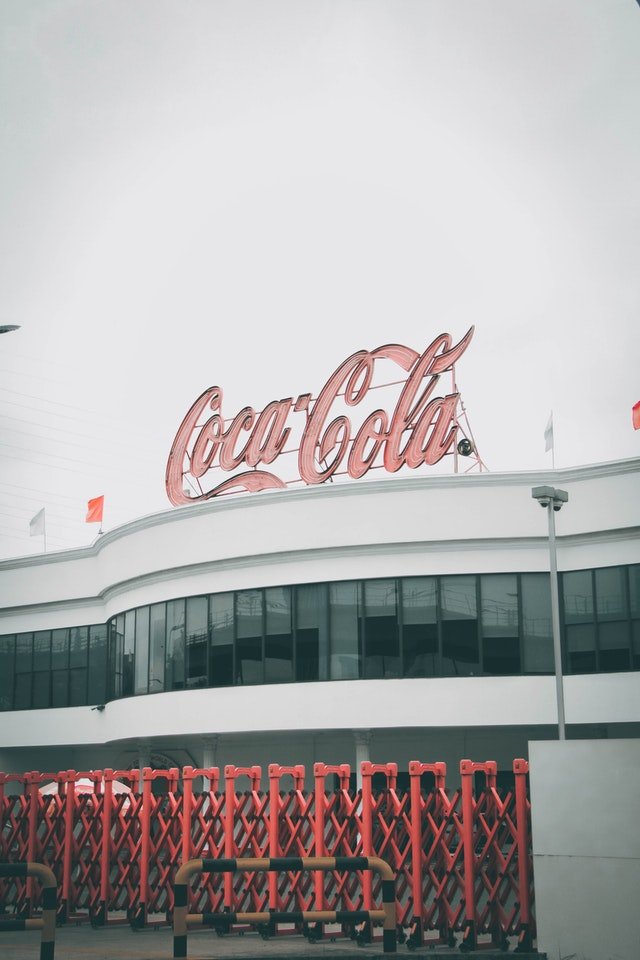Friday, 27 February 2026
Coca-Cola unveiling 100% plant-based sustainable packaging
The Coca‑Cola Company’s sustainable packaging journey crosses a major milestone this week with the unveiling of its first-ever beverage bottle made from 100% plant-based plastic The Coca‑Cola Company’s sustainable packaging journey…

The Coca‑Cola Company’s sustainable packaging journey crosses a major milestone this week with the unveiling of its first-ever beverage bottle made from 100% plant-based plastic
The Coca‑Cola Company’s sustainable packaging journey crosses a major milestone this week with the unveiling of its first-ever beverage bottle made from 100% plant-based plastic, excluding the cap and label, that has been made using technologies that are ready for commercial scale. The prototype bottle comes more than a decade after the company’s PlantBottle™ debuted as the world’s first recyclable PET plastic bottle made with up to 30% plant-based material. A limited run of approximately 900 of the prototype bottles have been produced. “We have been working with technology partners for many years to develop the right technologies to create a bottle with 100% plant-based content—aiming for the lowest possible carbon footprint—and it’s exciting that we have reached a point where these technologies exist and can be scaled by participants in the value chain,” said Nancy Quan, Chief Technical and Innovation Officer, The Coca‑Cola Company.
PET, the world’s most recycled plastic, comprises two molecules: approximately 30% monoethylene glycol (MEG) and 70% terephthalic acid (PTA). The original PlantBottle™, introduced in 2009, includes MEG from sugarcane, but the PTA has been from oil-based sources until now. PlantBottle™ packaging looks, functions and recycles like traditional PET but has a lighter footprint on the planet and its resources.
Technology
Ingredion Thailand Achieves 100% Sustainably Sourced Cassava
Feb 27, 2026 | Company News
Deakin University and Bellarine Foods Partner to Develop Sustainable Marine-Derived Proteins
Feb 26, 2026 | Australia
Royal Unveils Refreshed Jute Bag Design for 20lb Authentic Basmati
Feb 25, 2026 | Company News
Food Testing
Australian Medical Bodies Push for Compulsory Health Star Labelling
Feb 24, 2026 | Australia
Tim Hortons Singapore Secures Majlis Ugama Islam Singapura Halal Certification Ahead of Ramadan
Feb 23, 2026 | Company News
More Popular
Arla Foods Invests EUR 300Mn in New Cheese Dairy in Sweden
Feb 27, 2026 | Company News
Beyond Meat Broadens Portfolio Beyond Protein with Sparkling Plant-Based Drink Line
Feb 27, 2026 | Beverages
Prinova to Spotlight Nutrition Innovations at Natural Products Expo West 2026
Feb 27, 2026 | Company News






